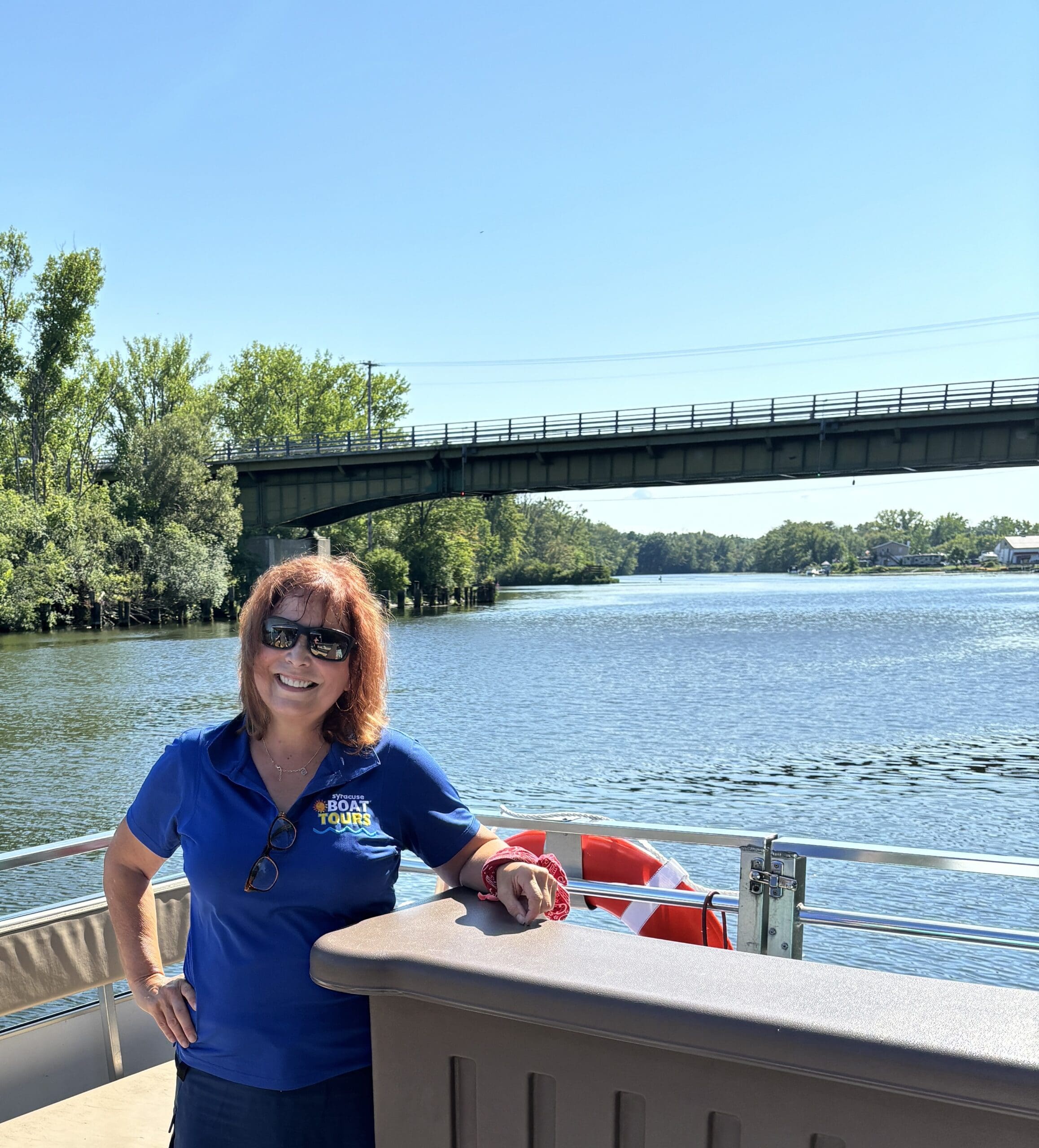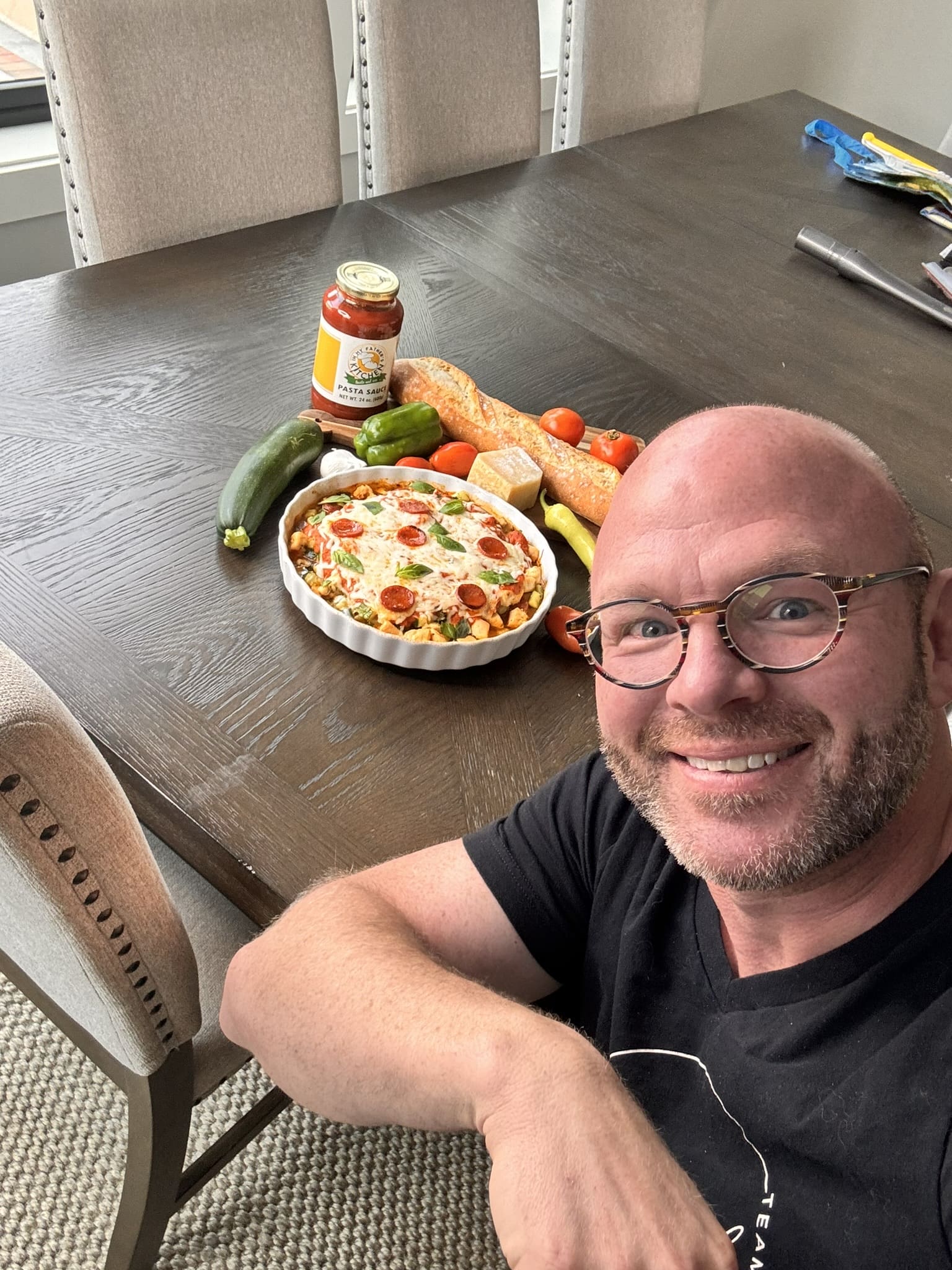By Carol Radin
Looking back at her 13-year old self, who had endured repeated sexual assaults by a family relative, Jennifer Nadler now reflects, “At the time, I think I made the decision to put it aside. What I didn’t realize was that I couldn’t moveforward until I could move through the pain.”
It took her over ten years to come to that realization, after high school years of honor roll and softball, graduation with bachelor’s and master’s degrees from Le Moyne College, and marriage to her high school sweetheart. Despite all that was good in her life, she sank into a depression that she overcame only with years of support and therapy.
Although her journey at that point was very personal and painful, Jennifer has since tapped into her struggles and reached out to other survivors of sexual assault. Jennifer now offers support through her motivational speaking presentations and her Center for Creative Arts and Healing, where people can actively begin the process of self-discovery that might help them heal from their own traumas.
It was not until Jennifer reached adulthood and started her teaching career, in classrooms with 12- and 13-year olds, that things began to unravel.
“There were all these triggers, but I didn’t know what the source of the unease was,” she recalls. She was having panic attacks, going straight to bed after work, abusing alcohol. Finally she took a leave of absence and underwent in-patient therapy in a hospital. While there, she found the strategies most valuable to her were group therapy and art therapy. Her drawings, in particular, revealed images that surprised her.
“I had no idea what was inside of me!” she says.
She also came away with a guiding insight from her group leader: “We all have the answers within ourselves.” Jennifer has since realized, “If people have space, quiet, and support, the answers reveal themselves when they’re ready.”
Actually, Jennifer created her first motivational presentation when some of her own answers revealed themselves. While listening to a recording of a favorite band, she sensed the music’s connection to her own life, and started creating a PowerPoint of words and images. Then in a brave step forward, Jennifer asked a Le Moyne criminology professor if she could make the presentation in class. The class was engrossed with Jennifer’s message. The professor connected her to Vera House, where she made additional presentations. Motivational speeches for the National Organization for Victim Assistance (NOVA) and the U.S. Military followed. As of today, Jennifer has taken her multimedia presentations to over a dozen states, as well as Europe and the Middle East.
While Jennifer gained confidence in her speaking ability, she wanted to do more. Thinking back to the support groups that had made a difference in her own life, she thought, “It would be awesome if I could do that for others.”
Shortly after her 40th birthday, Jennifer, with help from her husband, John, started the Center for Creative Arts and Healing, located in Armory Square. In what she describes as a “healing place to create and grow,” Jennifer offers facilitated support in talk groups and art groups. One option, for instance, is an eight-week creativity course in which people explore issues of concern in their lives through drawing, painting and collage.
In a typical group session, participants begin with a general “how-am-I-doing?” followed by a brief meditation, and finally a session of creating artwork. Jennifer finds that crayons are an engaging, non-threatening way to begin, although chalk, paint, and other materials are also available. Jennifer herself likes collage and she loves vibrant colors. The art sessions are quiet, as concentration is important.
“It’s really good to be with yourself,” Jennifer says.
As participants finish, Jennifer asks reflection questions.
“People want to share,” she says. “Some people are proud of what they’re creating. And some people will offer what they see in someone else’s picture.”
Since Jennifer understands that “there’s going to be some discomfort,” she makes sure participants feel it is okay notto share, too.
To get a sense of each client’s needs, Jennifer has an initial consultation. Recently, queries have come from people with other life-changing issues like loss or identity change, so Jennifer has broadened the focus of the groups. Due to rising interest, she is starting a monthly group for parents of special-needs children, a Body Image/Disordered Eating Support Group, and a weekly support group for teenagers.
Jennifer will be the first to tell both clients and psychologists that the Center’s support strategies are not to be considered a replacement for professional therapy. What she does provide is a safe space for peers to come together and share difficult experiences through spontaneous creative expression. It is the kind of safe space where Jennifer herself once confronted her struggles, and where she can now affirm her sustaining message: “You are not alone. It was never your fault. Healing is possible.”
For more information, contact Jennifer at creativeartsandhealing@gmail.com or (315) 552-0617. Her website for motivational presentations is thevoiceofasurvivor.wix.com/Jennifer.





